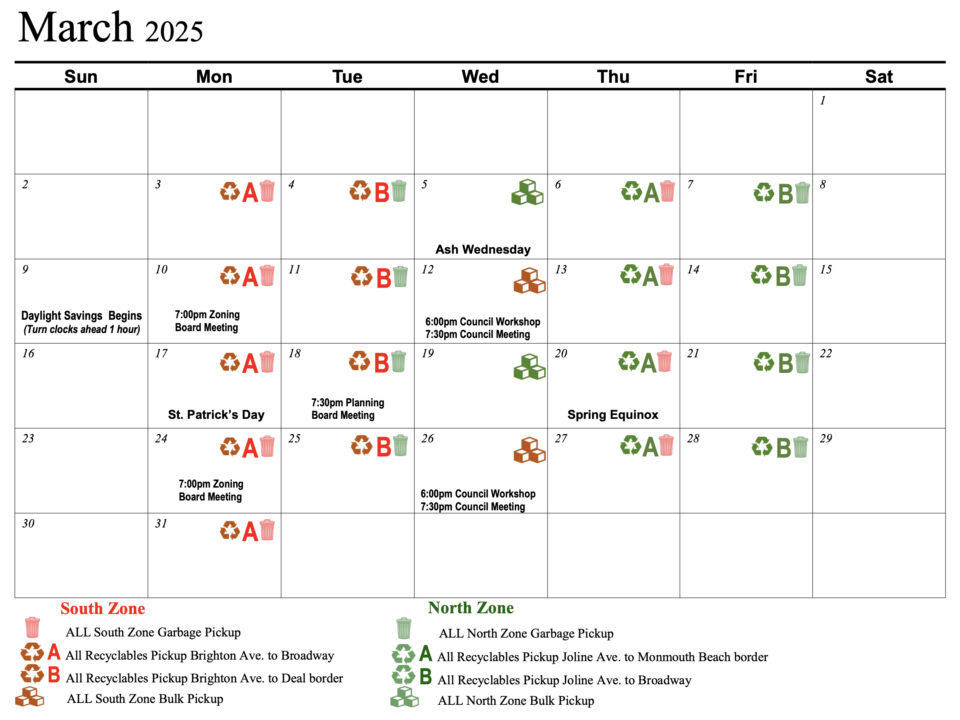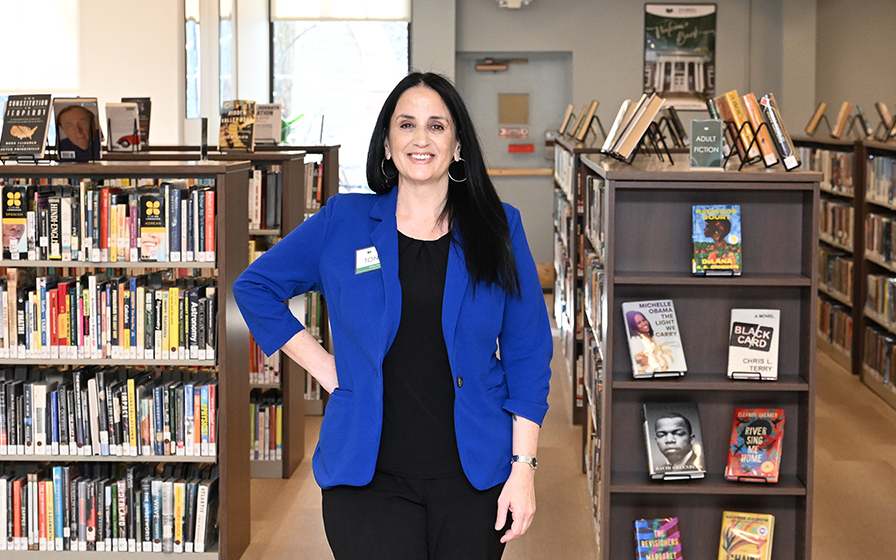
Long Branch Columbus Day Parade Sunday, October 13th
September 5, 2024
Coming Soon: The African Children’s Choir to Perform in Fair Haven, NJ. in October
September 6, 2024New Jersey Secures Funding from Bipartisan Infrastructure Law to Close Digital Divide, Ensuring Reliable, High-Speed Internet for Every Community
LONG BRANCH, NJ – Congressman Frank Pallone, Jr. today announced that New Jersey’s plan for $263.7 million in funding from the federal Broadband Equity, Access, and Deployment (BEAD) Program has been approved by the National Telecommunications and Information Administration, marking a significant step in the Garden State’s efforts to bridge the digital divide and provide affordable, high-speed internet access to unserved and underserved communities. This funding, made possible through the Bipartisan Infrastructure Law, will prioritize areas across the state that have long lacked reliable digital access.
Pallone, who played a key role in securing this historic funding last Congress as the Chairman of the Energy and Commerce Committee, emphasized his commitment to ensuring that every New Jerseyan has access to affordable, reliable, high-speed internet.
 “This isn’t just about improving internet speeds—it’s about ensuring that New Jersey is fully connected and ready for the future. I’ve fought to secure this $263.7 million so every community in New Jersey can access the opportunities that reliable, high-speed broadband provides. Whether it is helping local businesses grow or expanding access to telehealth, this investment is going to open doors for economic growth and innovation. Together with the Biden-Harris Administration and my Democratic colleagues, we made a commitment as part of the Bipartisan Infrastructure Law to bring broadband to every corner of America. Today, we’re delivering on that promise and taking a major step toward ensuring reliable, high-speed internet for all,” said Pallone.
“This isn’t just about improving internet speeds—it’s about ensuring that New Jersey is fully connected and ready for the future. I’ve fought to secure this $263.7 million so every community in New Jersey can access the opportunities that reliable, high-speed broadband provides. Whether it is helping local businesses grow or expanding access to telehealth, this investment is going to open doors for economic growth and innovation. Together with the Biden-Harris Administration and my Democratic colleagues, we made a commitment as part of the Bipartisan Infrastructure Law to bring broadband to every corner of America. Today, we’re delivering on that promise and taking a major step toward ensuring reliable, high-speed internet for all,” said Pallone.
This BEAD funding will enable New Jersey to expand its broadband infrastructure, targeting approximately 43,324 unserved and 29,212 underserved locations, as identified by the Federal Communications Commission’s National Broadband Map. The state’s Office of Broadband Connectivity (OBC), under the Board of Public Utilities (BPU), will lead the program’s rollout over the next five years, with the goal of closing connectivity gaps in both urban and rural areas.





